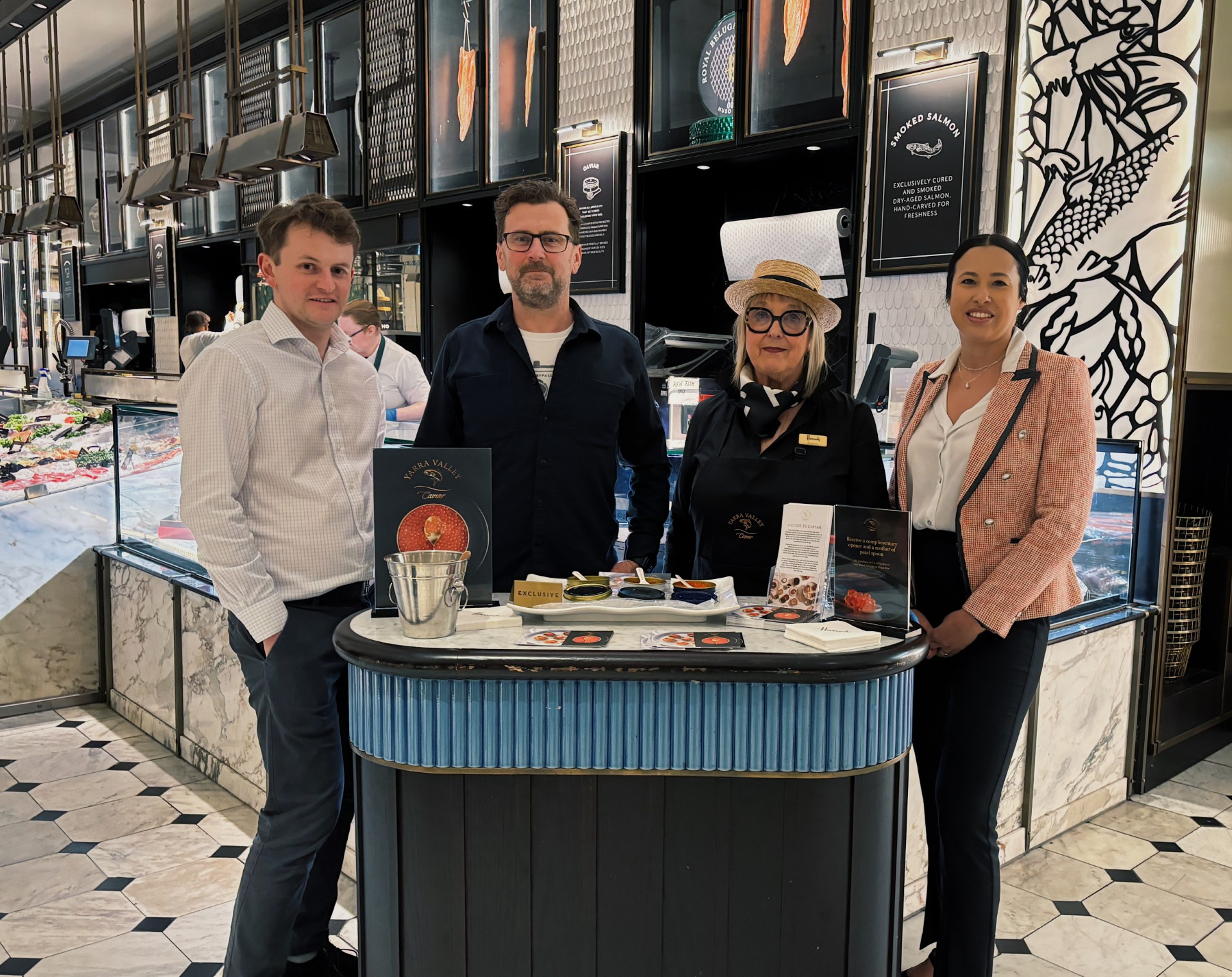
Some cells in the human body can generate hypochlorite – the same chemical used to kill bacteria and viruses in household bleach.
When hypochlorite is over-produced in the body it contributes to health problems associated with arthritis, coronary artery disease, Alzheimer’s disease and many other inflammatory conditions.
However, new research from Flinders University and the University of Cambridge has demonstrated that some biological molecules are regulated by reacting with hypochlorite in helpful rather than harmful ways.
“The reaction of hypochlorite with biological molecules is typically considered a form of ‘collateral damage’ within the body,” explains Dr Amy Wyatt, senior lecturer in Biochemistry at Flinders University’s College of Science and Engineering.
“We believe it plays a more complex role in human health. Our data shows that hypochlorite neutralises a molecule that is normally toxic to cultured human brain cells – this finding could be a key to help unlock new ways to prevent or treat Alzheimer’s disease and other inflammatory conditions.”
Representing a major shift in the understanding of hypochorite in human biology, the research of Dr Amy Wyatt and a team that includes postdoctoral researcher Dr Noralyn Mañucat-Tan and collaborators from the University of Cambridge – which has been published in the distinguished journal Redox Biology – demonstrates that the reaction of hypochlorite with amyloid-beta peptide, best known for its role in promoting Alzheimer’s disease, substantially reduces the peptide’s ability to kill cultured human brain cells.
The results of this study support the idea that normally, low levels of hypochlorite production prevent the damaging effects of amyloid-beta peptide in the brain.
However, during inflammation, when hypochlorite production is exacerbated, its role switches to become a chemical that is inherently damaging.
“These findings are just the start,” says Dr Wyatt. “Further studies that identify the biological concentration at which the activities of hypochlorite are helpful versus harmful may pave the way towards designing novel therapeutic strategies to prevent or treat Alzheimer’s disease and other inflammatory conditions.”
The research – “Hypochlorite-induced oxidation promotes aggregation and reduces toxicity of amyloid beta 1-42” by Noralyn Mañucat-Tan, Ashfaq Chowdhury, Rodrigo Cataldi, Rafaa Zeineddine Abdullah, Janet Kumita and Amy Wyatt – has been published in Redox Biology. doi.org/10.1016/j.redox.2023.102736







